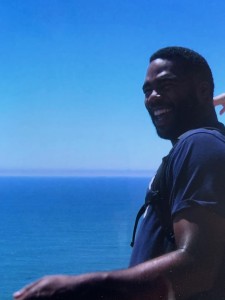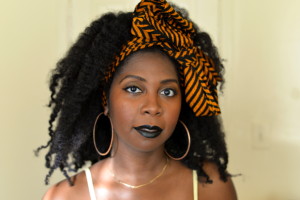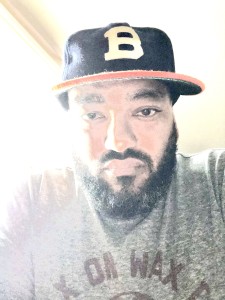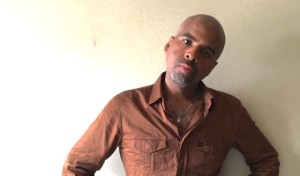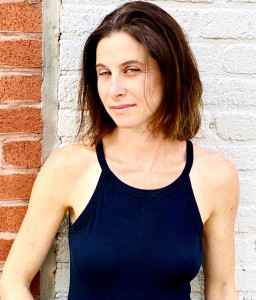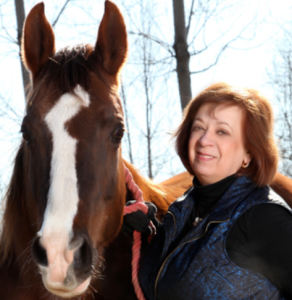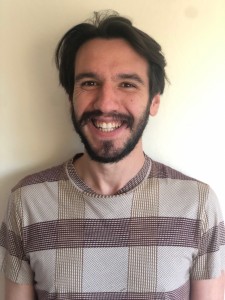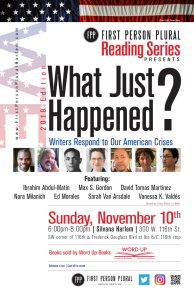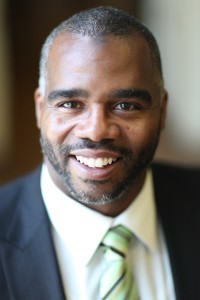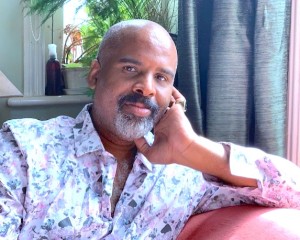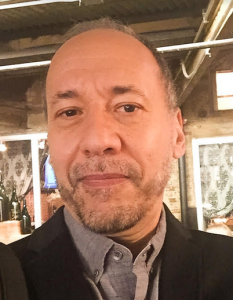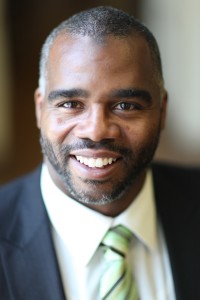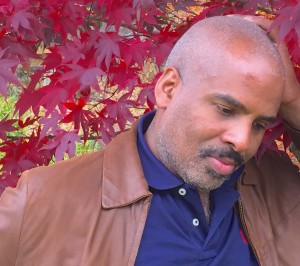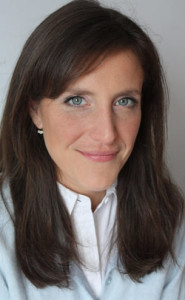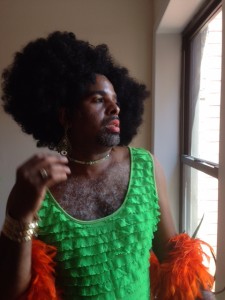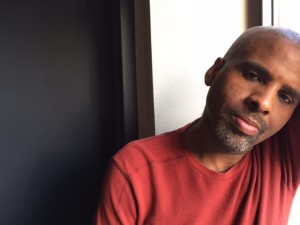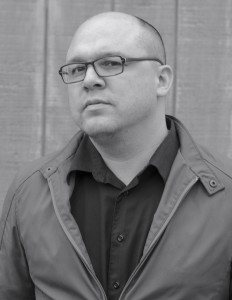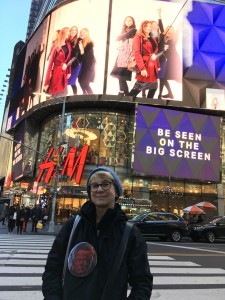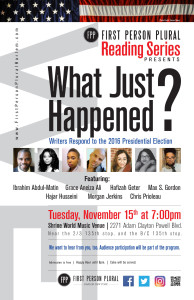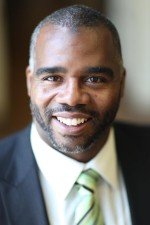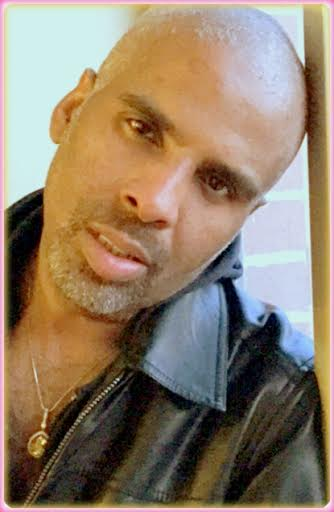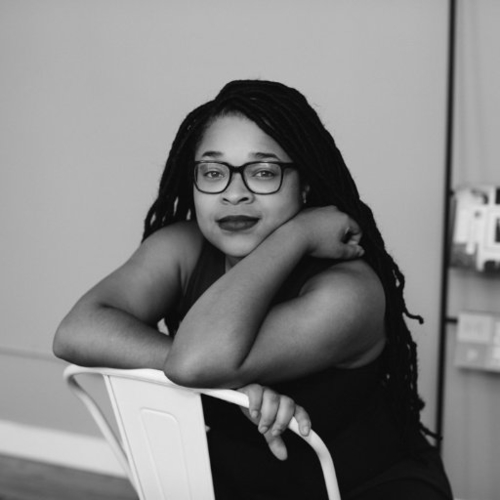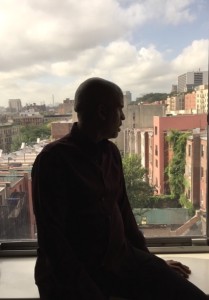 In this 2021 FPP Interview with Max S. Gordon, Gordon shares how he believes “the spirit of Fannie Lou Hamer definitely lives on in the work of Stacey Abrams,” how difficult it is to sustain “relentless pain” in this country without wanting escape, about how his writing about Donald Trump has changed over four years, and so much more. Join us on Sunday, January 17th for “The Way Forward,” to hear Max S. Gordon read live, via Zoom, with writers Ibrahim Abdul-Matin, Desiree C. Bailey, Roberto Carlos Garcia, Sara Lippmann, Gloria Nixon-John and Samantha So Lamb and Alex Torres who will be memorializing Anthony Veasna So. RSVP here. – SPL
In this 2021 FPP Interview with Max S. Gordon, Gordon shares how he believes “the spirit of Fannie Lou Hamer definitely lives on in the work of Stacey Abrams,” how difficult it is to sustain “relentless pain” in this country without wanting escape, about how his writing about Donald Trump has changed over four years, and so much more. Join us on Sunday, January 17th for “The Way Forward,” to hear Max S. Gordon read live, via Zoom, with writers Ibrahim Abdul-Matin, Desiree C. Bailey, Roberto Carlos Garcia, Sara Lippmann, Gloria Nixon-John and Samantha So Lamb and Alex Torres who will be memorializing Anthony Veasna So. RSVP here. – SPL
We have been so lucky that you’ve written an essay every year since 2016 for this post-election reading. I will never forget how in 2017 you told us about getting so angry and disgusted with Trump that you shouted at the TV: “The power of Fannie Lou Hamer compels you!” Looking at what Black women organizers and voters en masse achieved ever since, I think her power indeed compelled! How would you describe life over these past four years? What have you learned? Who gave you inspiration?
Thank you for remembering that essay, and for making that beautiful connection. I believe the spirit of Fannie Lou Hamer definitely lives on in the work of Stacey Abrams. I am inspired by Ms. Abrams because I thought when she lost the governorship, they had snatched her dream and smashed it. But clearly she had more than one dream – and spirit had a plan for her. Now I think the powers that be wished they had made her governor because look at the trouble she’s caused! Being governor, in some ways, seems a smaller destiny when compared to how she has changed American history forever.
I watched her take pain, disappointment, outrage, and inspiration and apply it to a greater vision, which she and others alchemized into the result that brought us a win for Joe Biden in the presidential election and two democratic senators – a Black man and a Jewish man, who will now serve under a vice-president who is a Black woman. In short, I needed that lesson from Stacey: don’t give up.
That was very important for me after four years of Donald Trump; it’s hard to have your heart broken over and over again. It wears you down after a while, the lack of consequences, the lack of collective outrage, the complicity, the constant assaults, you can give up hope. It’s important to see someone who hasn’t given up hope, who puts that hope into action.
You’ve written movingly about addiction, and what it’s like for those in recovery to cope with our political circumstances. What gives you hope? What keeps you frightened?
I see it all connected, all part of the same story. I have a visceral response to Donald Trump; my body recognizes him energetically, as a recovering addict and as a child who grew up with trauma. I can listen to others talk about Donald Trump all day long in terms of politics, but because of his malevolence, I know the child part of me wants to hide under the covers when I hear him coming up the stairs. I try as often as I can to listen to that part of myself, especially when I write. That was the child, who became the teenager, who became the adult who used drugs and alcohol to numb his pain.
To be clear: Donald Trump isn’t responsible for my addictions, but he has definitely triggered them, and I know I’m not alone in this. There are probably millions of us who find ourselves struggling again with eating disorders, obsessive-compulsive behaviors, post-traumatic stress disorders. I’ve talked to friends who have gone on medication for the first time in their lives. There have been overdoses and suicides. This isn’t weakness; something has been very wrong for years now, and it’s hard to sustain that level of relentless pain and not want to escape.
What’s scary is that everything we are dealing with now was foretold. We have a library of information now on Donald Trump, but all we needed to know could have fit on the paper inside a fortune cookie. “Grab ‘em by the p—-y” foreshadowed exactly what happened at the Capitol on January 6. Many of us who recognized his personality disorders early, because we’d seen them in our own families, had been waiting for his rhetoric to result in a larger act of violence. And that’s distressing on so many levels. But I’m glad that I have a recovery that tells me, “Yes, Donald Trump is an abusive asshole; and no, that doesn’t give you permission to have a drink today.”
How has your writing changed over the past years?
At some point, I’d like to compile all the writing I’ve done on Donald Trump. What a fascinating arc it has been! And to think that sometimes, when I was shopping on 5th avenue in New York many years ago, I’d go to the basement of Trump Tower and have lunch; they had the most delicious pasta there. While I ate, I didn’t think much about Donald Trump himself, I saw him as a grandiose fool; I’d never even watched a single episode of “The Apprentice.” I just never got around to it.
My first writings were more sympathetic; in 2016 I wrote about his being bewildered that he won the election and feeling lonely in the White House. I assigned him self-reflection, maybe because part of me wanted to believe he had some. I’ll admit, I was exhilarated by his sass in the Republican primaries of 2015 – I loved him taking down other Republicans. There was danger from the very beginning, his behavior was already repulsive, but who believed he could actually win?
The last piece I wrote about Donald Trump included a conversation about prayer, because by 2020 his relentless cruelty and sociopathology had brought me to my knees. And I don’t usually write about spirituality so overtly – that was different for me. The question I had to ask myself last week after the Capitol insurrection was: did Donald Trump change, or did we? Did he surprise us? Because upon reflection, I feel that he has been extraordinarily consistent. This doesn’t absolve him of any of his crimes; and I think that, as he fades into history, he will become less interesting. But I think the question we will ask ourselves is not whether he changed, but how we allowed him to change us. What did he reveal in us? There is no question that he was definitely eager to take away our power; but why were we, as a country, so willing to give it to him? That’s a question to make you sit down and think.

